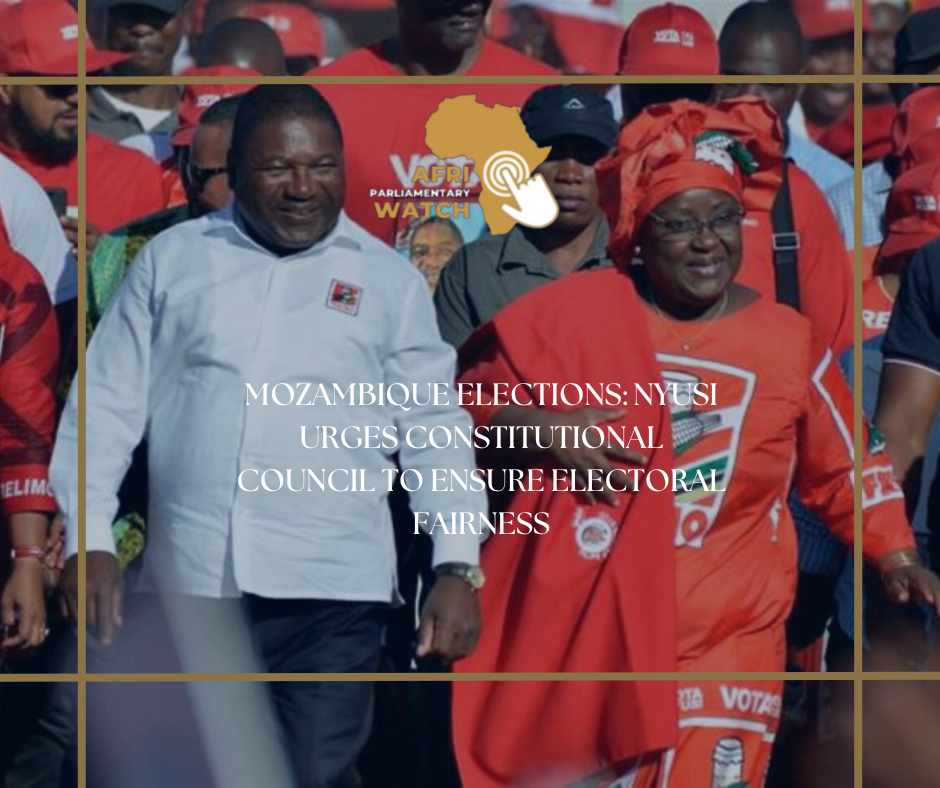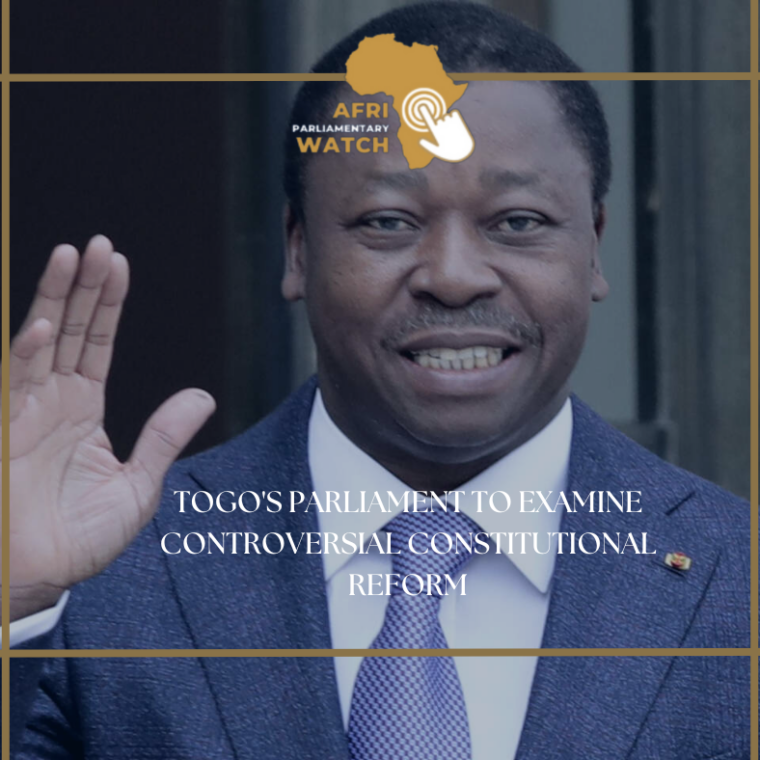Mozambican President Filipe Nyusi has called upon the Constitutional Council, the country’s highest authority on constitutional and electoral matters, to ensure legality and fairness in the upcoming presidential, parliamentary, and provincial elections scheduled for October 9.
Speaking in Maputo on Wednesday, President Nyusi made his remarks following the swearing-in of Lúcia Ribeiro for a new five-year term as chairperson of the Constitutional Council. He also administered the oath to the six other judges who will serve on the Council.
“The judges of the Constitutional Council assume their roles at a critical juncture as we are in the midst of an election campaign,” Nyusi stated. “The Council’s primary responsibility is to uphold legality and justice in electoral disputes, thus safeguarding our unitary state.”
Nyusi emphasized that Mozambicans expect their electoral choices to be respected and are not seeking favors or special treatment. He noted that with numerous actors involved in managing the elections, there will be heightened scrutiny of the Council’s actions, which must be conducted in strict accordance with the law.
“In any competition, participants prepare to win,” Nyusi said. “Judges must adhere to the rules. Misunderstandings of constitutional justice can lead to attempts to preempt the Council’s decisions.”
He urged the Council to develop mechanisms to minimize conflicts and ensure that voters can make informed and responsible choices. “The Constitutional Council has a role in educating all participants to ensure their interventions are based on a clear understanding of the facts and law,” he added.
Nyusi also highlighted the importance of interaction with society to foster understanding, transparency, and trust in the electoral process.
The Constitutional Council comprises seven judges: one appointed by the President of the Republic, one by the Higher Council of the Judicial Magistrature (which regulates judges), and five elected by the Assembly. The Assembly’s representatives are chosen based on proportional representation, with Frelimo selecting four members, Renamo one, and the Mozambique Democratic Movement (MDM) not having sufficient seats to appoint a member.
This setup grants Frelimo an automatic majority on the Council.
Nyusi re-appointed Ribeiro as chairperson, and the Assembly confirmed this decision on July 31. Out of 222 deputies present, 192 (89.7%) voted in favor of the ratification, 21 (9.8%) voted against, and one ballot was blank. Notably, eight deputies did not cast a vote.
Despite Frelimo’s dominant presence, eight opposition deputies supported the ratification. Clarice Milato of Frelimo described the decision as “pertinent and opportune,” praising Ribeiro for her impartiality and capability.
In contrast, Renamo’s Jose Manteigas expressed skepticism, alleging that the Constitutional Council has historically facilitated electoral fraud. Fernando Bismarque of the MDM called for constitutional reforms to change the method of appointing senior judiciary officials, arguing that the current system perpetuates a “subservient nature” among Council members.





